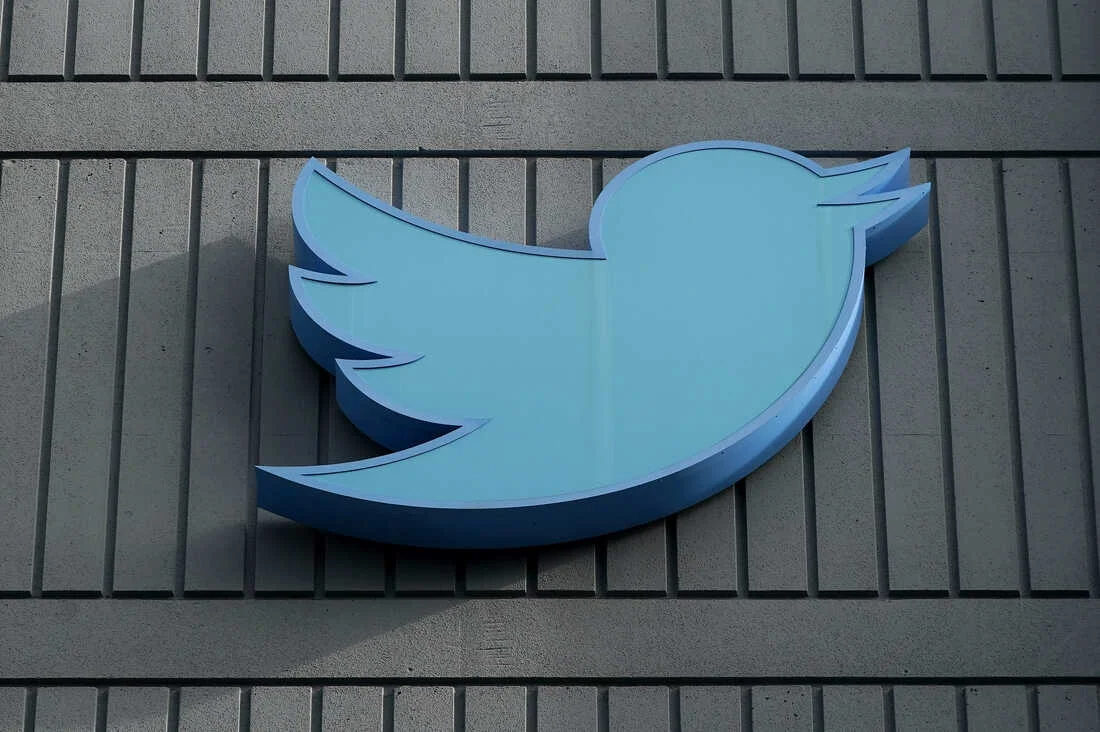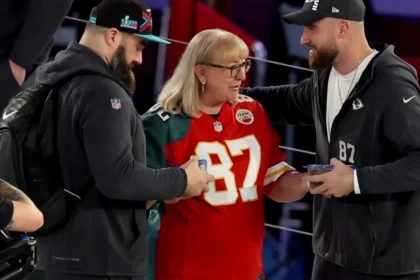Public Broadcasting Service (PBS) has not tweeted from its main Twitter handle since April 8, following Elon Musk’s decision to label the outlet “government-funded news.” PBS joins National Public Radio (NPR), another major editorially independent outlet that receives some government funding, in halting its Twitter activity in light of the new label.
Twitter added a “government-funded” label to PBS’ main Twitter account last weekend, a spokesperson confirmed. “We did stop tweeting at that point as soon as we discovered it,” a PBS spokesperson confirmed. “We have no plans to resume tweeting.” The label was placed only on PBS’ main Twitter handle, not any of the accounts affiliated with PBS, like its local stations or individual shows.
NPR said Wednesday it was suspending its use of Twitter after the platform labeled it “government-funded.” Twitter originally added a “US state-affiliated media” label to NPR’s main Twitter account last week, without explanation or warning, in what appeared to be a violation of the platform’s previously stated policies. When pressed by NPR, Musk couldn’t provide a reason for the label on NPR’s account and not others, but he said he’d look into it.
The labels are the latest in a series of spontaneous policy shifts under Musk. As Axios has reported, many of those shifts have had an outsized impact on the media industry, which represents some of Twitter’s most hyper-engaged users.
In a surprise interview with the BBC on Tuesday, Musk said that he would change the BBC’s label to “public funded.” He did not say whether he would do the same for NPR or PBS. Twitter’s new labels have often appeared arbitrarily assigned. It tagged NPR with the “state-affiliated” label after Musk participated in a public conversation about NPR on Twitter, and then deleted mention of NPR, but left up BBC, on a web page where it described why they should not get that label.
Since then, it has given NPR, BBC, and some other groups a “government-funded” label but hasn’t done the same for many other public media outlets, such as their counterparts in Canada and Australia.
Twitter’s labeling of NPR and PBS as “government-funded” has led to concerns about the credibility of these media outlets, which are known for their independent and impartial journalism. Both NPR and PBS have said that they will not post new content to Twitter until the platform takes actions that support their editorial independence.
The decision by NPR and PBS to suspend their use of Twitter underscores the growing concerns about social media platforms and their impact on the media industry. As more media outlets face arbitrary labeling and other forms of interference, there is a need for greater transparency and accountability from social media companies. The media industry, in turn, must continue to adapt to the changing landscape of digital media and find new ways to reach audiences and maintain their credibility.




